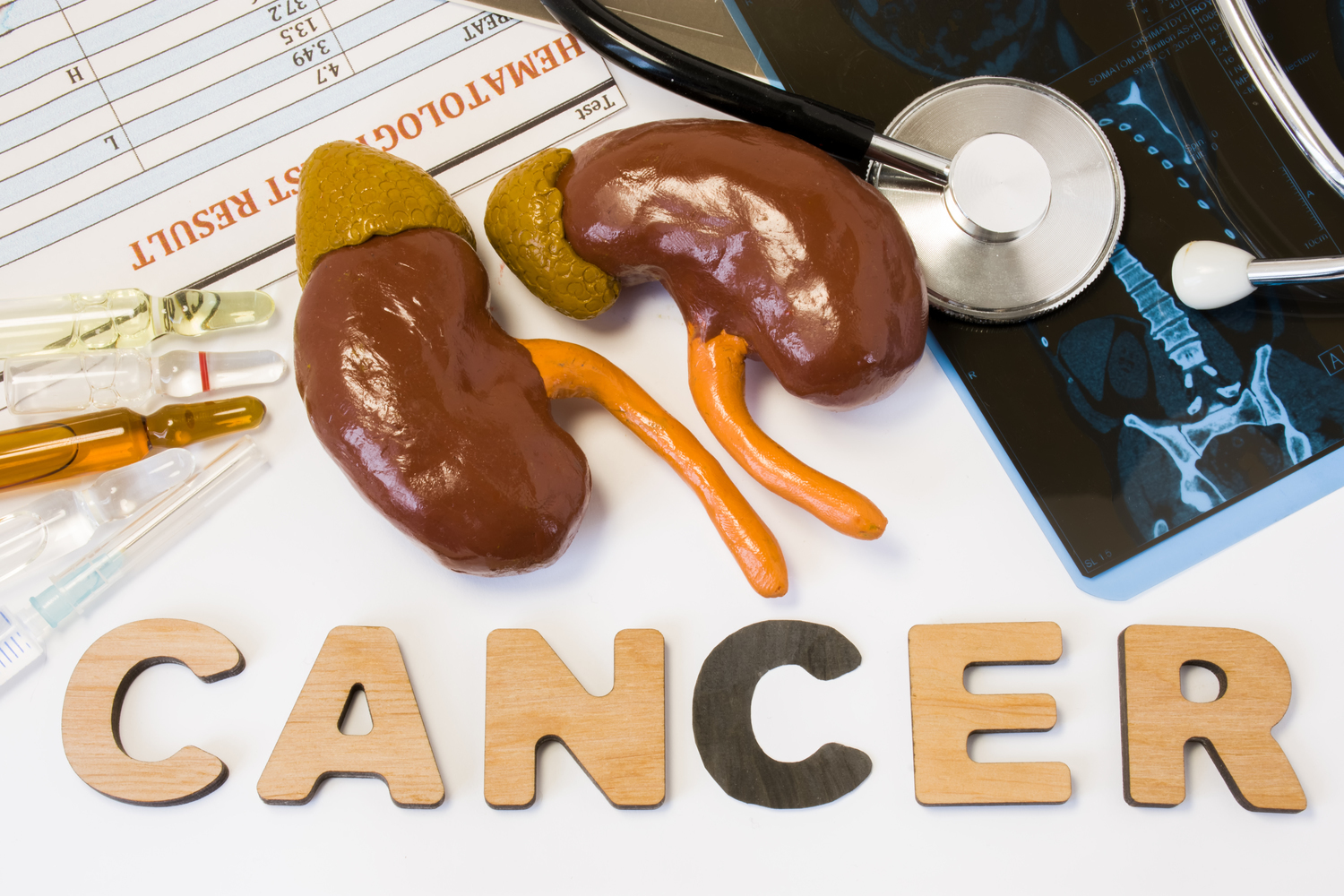
Side Effects of Treatment for Kidney Cancer
Symptoms associated with kidney cancer (or renal cancer) do not occur until a later stage. However, there are sets of symptoms that you need to keep a watch over when you seek treatment for renal/kidney cancer. One needs to understand the symptoms that are associated with cancer and be able to deal with them alongside the side effects that you may experience with the treatment itself.
Each type of treatment has a variety of side effects based on how each individual’s body responds. Here’s a list of commonly known side effects associated with treatments for renal/kidney cancer:
1. Side effects associated with surgery
One of the most common forms of treatment for renal/kidney cancer is surgery in order to eliminate the tumors by removing all or part of the kidney based on how far the cancer has spread. Some of the common issues one might face with this form of treatment are:
- Infections – These can occur due to improper self-care after the surgery or not following sufficient hygiene as required. Being careless can be a real problem as you need to recover from the surgery and also not strain yourself.
- Pain – This is a common side effect if you have had an invasive form of surgery. You need to give your body time to heal, and you need to follow all the tips suggested by your doctor to ensure your body heals well. You will be given pain killers initially but would not be allowed to get onto it for a longer duration as they can be addictive.
- Bleeding – In some cases, even during surgery, if the patient has lost too much blood, then a blood transfusion would be required right at that point.
After surgery, complications can compromise kidney function, in which case, the patient may be advised to get onto dialysis.
2. Side effects of radiation and chemotherapy
In these forms of treatment for renal or kidney cancer, some of the common side effects would involve the following:
- Fatigue: This is the most common side effect that a patient can experience since all the medication or radiation will affect routine bodily functions. These effects can be light as well as severe if the patient does not practice caution. You need to know when to push your body and when not to cause strain to it.
- Diarrhea and vomiting: These are side effects of most forms of cancer treatment as all the drugs are heavy in terms of affecting the body, and the body’s natural mechanism is to push out the toxins. You need to keep yourself hydrated all through the day and especially through the treatment phase.
Don’t forget to keep an eye out for skin damage and infection. Even when you experience the slightest discomfort, you need to get in touch with your doctor before a short term side effect becomes a permanent issue.



